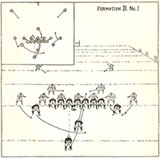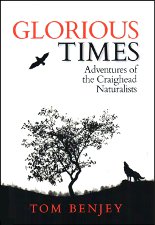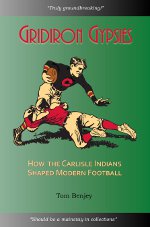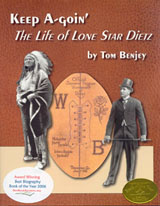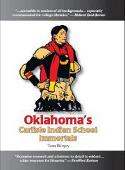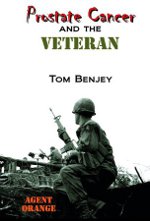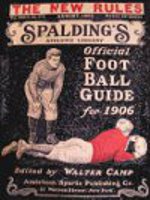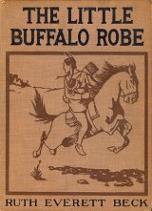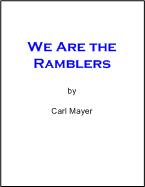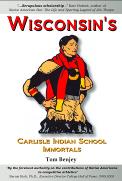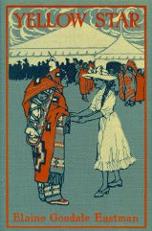 What did Lone Star Dietz do between early February of 1920, the time he left the Spokane, Washington jail after completing his 30-day incarceration, and late March 1921, when he signed with Purdue to coach their football team?
What did Lone Star Dietz do between early February of 1920, the time he left the Spokane, Washington jail after completing his 30-day incarceration, and late March 1921, when he signed with Purdue to coach their football team?
Dietz was broke in late 1919 after investing heavily in Washington Motion Picture Company. Having no money for his legal defense forced him to plead nolo contender to the draft-dodging retrial after the first one produced a hung jury locked at 8 to 4 for acquittal. An apparently sympathetic district attorney agreed to the wrist slap sentence in the county jail instead of a long one in a federal penitentiary like those given to others in the post-WWI hysteria. The news article announcing his release stated that he had been a “trusty” the last two weeks of his incarceration that began on January 8, 1920.
One can easily envision the affable Dietz playing cards with his jailers a la Rhett Butler—except that he had no money to gamble with. What he did afterwards is still unclear. Newspaper articles covering his release his release made no mention of his plans for the immediate future. He may have promoted Fools Gold, the movie he played a role in and helped fund, but that would have required finances on which to live. Another possibility is that he did movie work in Hollywood. He had experience and could have acted or done stunt work or various things behind the camera. That would have been a way for him to earn a paycheck. Football was out of season, so that wasn’t a possibility.
The Encyclopedia of Football, 15th Revised Edition by Roger Treat listed Dietz as having played guard for the Hammond Pros NFL team. At 36, Dietz would have been old, and likely too out of shape to play much. However, it would have brought him east and more available for other opportunities.
The November 12, 1920 edition of The Evergreen, Washington State College’s school newspaper, listed “Veteran Cougar Coaches.” According to this piece, Dietz was “Now engaged in theatrical business in New York.” A January 10, 1921 article in The Seattle Star titled “‘Lonestar’ Dietz Playing Behind N. Y. Footlights” had him “…playing behind the footlights in Woodward’s New York theatre.”
I have been unable to find out anything about Mr. Woodward or his theater. Any help in that regard would be most appreciated.
The March 229, 1921 edition of The Lafayette Journal Courier announced the hiring of Lone Star Dietz to lead Purdue’s varsity football team. That article also said that “…for the last two years he has been engaged in business activities on the west coast.”
Clearly, more information is needed to determine exactly what Dietz had occupied himself doing those thirteen-plus months between jail and Purdue football.
